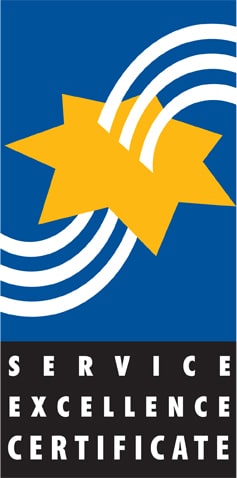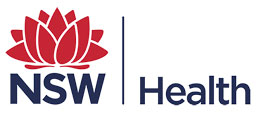Published by Transworld in collaboration with the Royal College of Psychiatrists, UK, 2009. ISBN: 9780593061381
(cover title: The Young mind: an essential guide to mental health for young adults, parents and teachers).
 This helpful resource is worth dipping into and can be read either by chapter/s of relevance or as a whole to inform parents, teachers and young adults. The young mind is designed as a handbook to bring together information by leading British experts. Today, with so much information at hand including conflicting information, it is great to have so many specialists in child and adolescent psychiatry write about their particular area of expertise. In the introduction, the editors describe how the book helps to distinguish between layers of concern and what lies at the centre of a problem. Stages of child and adolescent development are linked with the information.
This helpful resource is worth dipping into and can be read either by chapter/s of relevance or as a whole to inform parents, teachers and young adults. The young mind is designed as a handbook to bring together information by leading British experts. Today, with so much information at hand including conflicting information, it is great to have so many specialists in child and adolescent psychiatry write about their particular area of expertise. In the introduction, the editors describe how the book helps to distinguish between layers of concern and what lies at the centre of a problem. Stages of child and adolescent development are linked with the information.
The book has six parts covering topics such as child and adolescent development; parenting and parenting skills in adolescence; school; emotional health and wellbeing. Serious problems young people experience today are explored such as abuse, neglect and domestic violence, worries and anxieties, ADHD and Autism Spectrum Disorders, drugs, alcohol, eating problems, sleep, fatigue and Chronic Fatigue Syndrome, self-harm and psychosexual development. Final chapters look at treatments and therapies for children and adolescents in mental health as well as transition to adulthood.
Throughout the book find vignettes, these little stories provide insight and help illustrate themes in various chapters. The young mind is written in a British context and some chapters tie in with British services. The book provides a comprehensive overview with clear text and links to resources in each chapter including some Australian and New Zealand resources.


